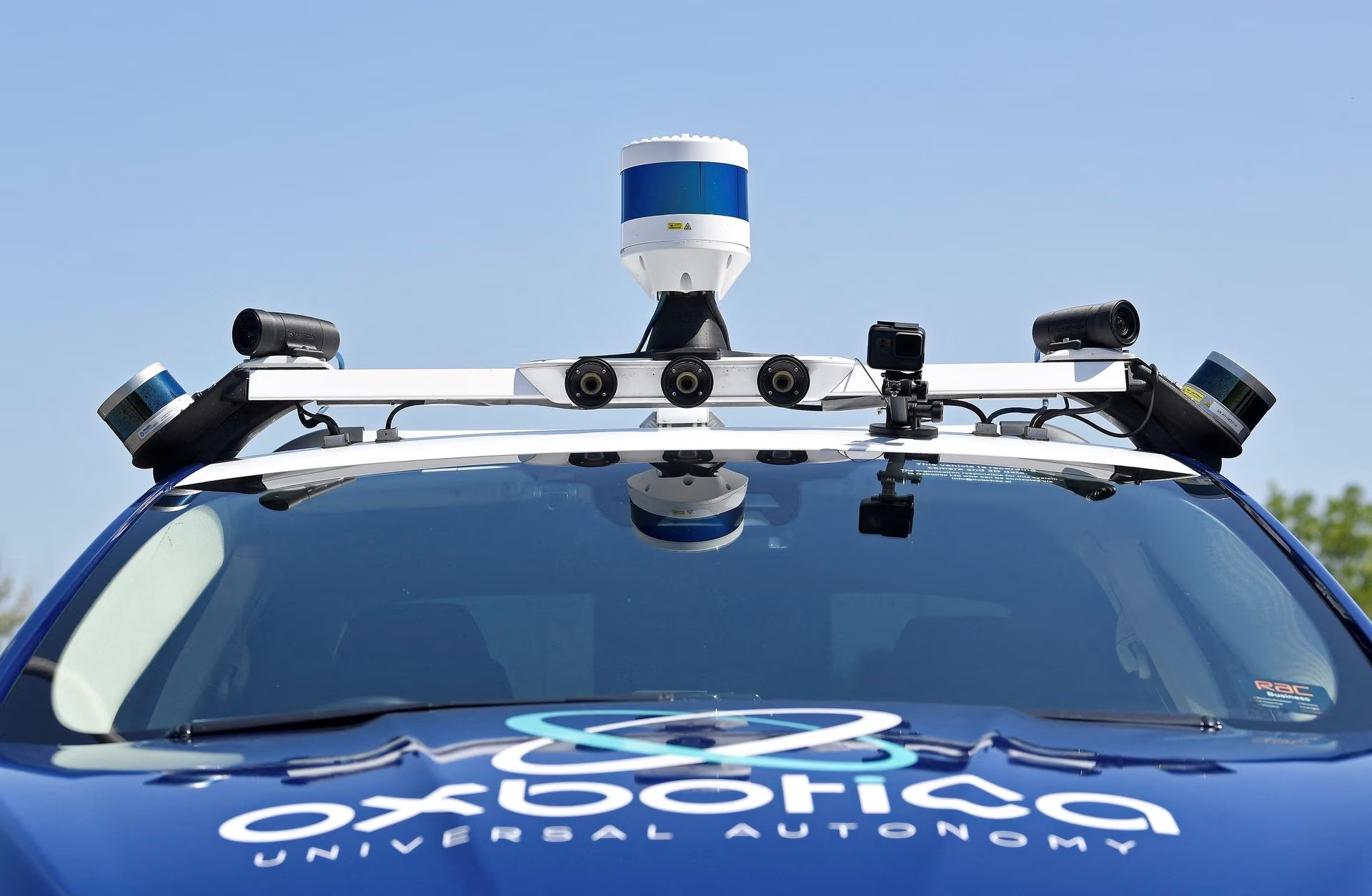LONDON, June 8 (Reuters) – Britain could lose out on investments in autonomous vehicles (AVs) and see startups shift testing elsewhere if promised laws to regulate the technology are not passed before the next general election, startups and insurance companies said.
Despite the government’s vision to be a world leader in AV technology, truly driverless cars are not currently permitted on Britain’s roads, making it difficult for start-ups to commercialise their vehicles and insurers to assess their risks.
The UK government said last August it would advance a bill in the current parliamentary session, which is expected to end this autumn, providing detailed regulations by 2025.
That has not yet happened, with political turmoil forcing the government to water down ambitions for this session.
With a national election due by January 2025, industry wants the government to bring forward legislation next session, or risk lengthy delays.
“There is a window of opportunity for the UK to at least be leading on something,” said Claudio Gienal, head of UK and Ireland operations for global insurer AXA (AXAF.PA), which believes the technology could prevent accidents.
“Whoever moves first will have the advantage of attracting investment, skills and expertise.”
“But if you’re second or third, why should people come here?” added Gienal, who wrote to Britain’s finance minister in April urging the government to pass a bill in the next parliamentary session.
The British government’s vision is built on forecasts that by 2035 around 40% of new cars could have self-driving capabilities and leadership in AV technology could create up to 38,000 new skilled jobs in a market worth 42 billion pounds ($53 billion) to Britain by that date.
Transport Minister Mark Harper in December said there would no longer be a Transport Bill this session, and did not mention a separate AV bill in an outline of the ministry’s legislative agenda.
Iain Stewart, who chairs parliament’s transport committee, said there was not enough time for an AV law this session, but it could happen in the next session.
Last month Junior Minister Jesse Norman said he shared AV startups’ concerns.
“We are making the case as vigorously as we can… for this to be a priority for the government,” he told lawmakers.
Failure to enact regulations could cede ground to other countries like France, Germany and the United Arab Emirates, which are putting regulations in place, or several U.S. states including California.
Startups are actively lobbying the government to pass the bill, while insurers need to know who is liable so they can insure driverless cars.
They fear a self-driving bill will be crowded out by other vote-winning priorities in the run-up to the election.
“We’ve got to see the legislation move forward in this next (parliamentary) session to make this a reality,” said Kaity Fischer, commercial vice president at London-based Wayve. “Or we would be forced to move to other markets for deployment.”
Wayve has raised around $260 million so far from investors, including Microsoft (MSFT.O).
“CHANGE OUR PLANS”
So far, the UK government has been seen as highly supportive of AV startups, with its Centre for Connected and Autonomous Vehicles securing over 400 million pounds in private and government funding for more than 90 projects.
Last year, two independent governmental bodies spelled out well-received recommendations for an AV law.
Ashley Feldman, programme and policy manager for transport and smart cities at industry group TechUK, said a delay would force startups to test and start generating revenues elsewhere.
“It’s important that these startups get to commercialisation quickly,” he said.
Bristol-based Fusion Processing recently launched a 14-mile autonomous bus route linking Edinburgh and nearby Fife in partnership with bus operator Stagecoach, bus maker Alexander Dennis and partly funded by the government – with a safety driver at the wheel.
Fusion wants to start UK commercial driverless bus services in 2025.
“If that doesn’t happen, then we would have to change our plans,” CEO Jim Hutchinson said, including testing in other countries.
Oxford-based AV software firm Oxbotica has raised about $225 million from investors and is working on AV projects with customers including BP (BP.L) and British online supermarket and technology group Ocado (OCDO.L).
Founder Paul Newman said he was optimistic the government will pass its promised bill, but added it is “extremely important that we get this done very, very soon.”









